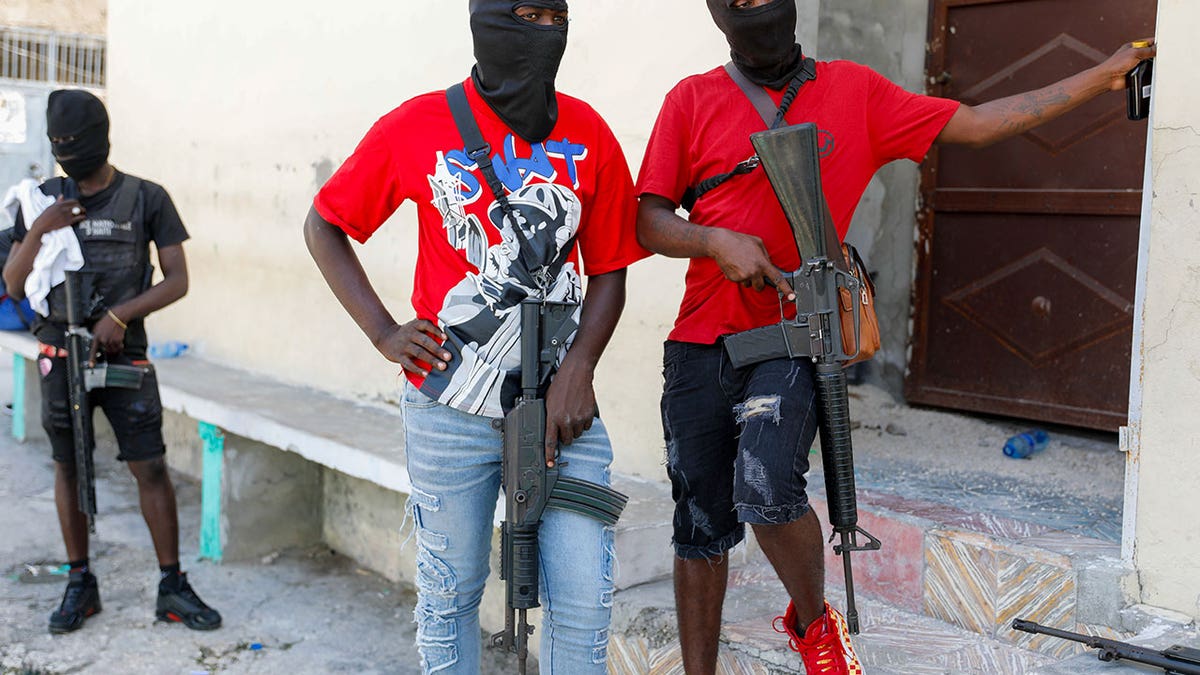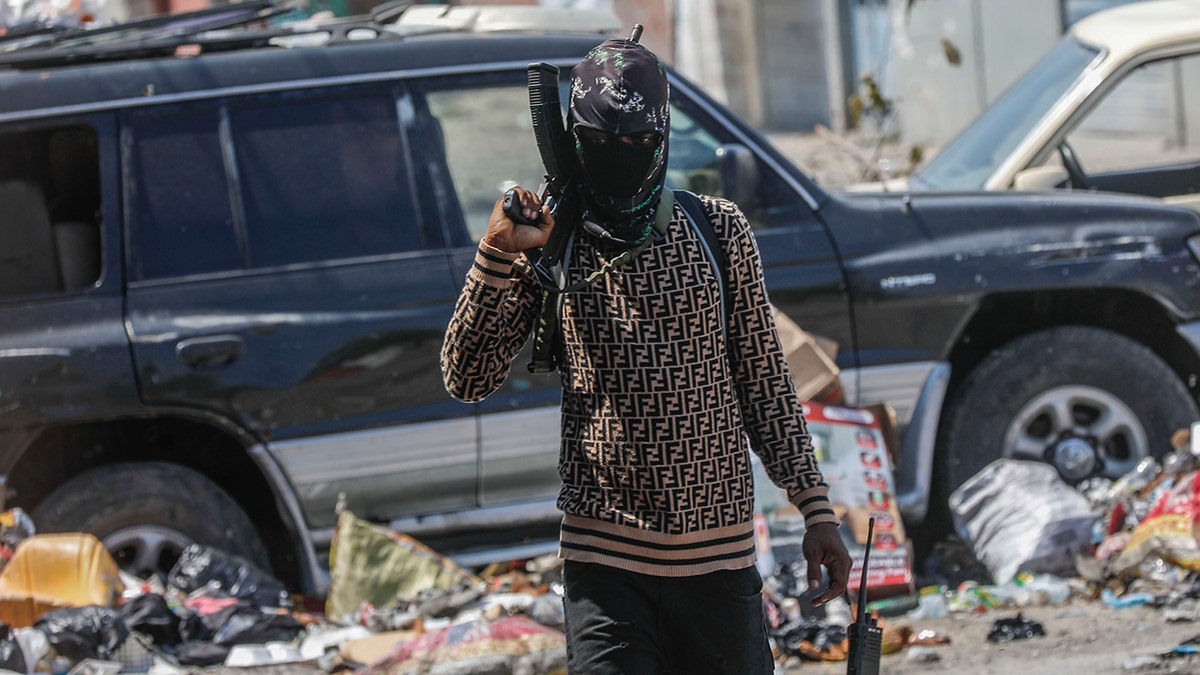US evacuates first American citizens from Port-au-Prince as Haiti crisis deepens
The U.S. evacuated more than a dozen American citizens from Haiti on Wednesday with a helicopter flight to the capital of the Dominican Republic.
The government-chartered helicopter left the Haitian capital of Port-au-Prince with 15 U.S. citizens, the State Department said.
The helicopter landed in Santo Domingo, in the Dominican Republic, where U.S. government personnel were present to provide consular assistance.
This marked the first of a series of planned helicopter flights from Port-au-Prince to Santo Domingo, following U.S. efforts earlier this week to transport 30 Americans from the Haitian city of Cap-Haïtien – which is further north and relatively safer – to Miami International Airport.
GANGS TARGET PEACEFUL COMMUNITIES IN NEW ROUND OF ATTACKS ON HAITI’S CAPITAL
The State Department is aiming to evacuate more than 30 U.S. citizens from Haiti each day when it charters government-organized helicopter flights.
“We will continue to monitor demand from U.S. citizens for assistance in departing Haiti on a real-time basis. The overall security situation, availability and reliability of commercial transportation, and U.S. citizen demand will all influence the duration of this departure assistance,” a State Department spokesperson said. “We will also continue to explore operating out of Cap-Haïtien for people to be able to leave from there.”
CLINTONS LED HAITI’S POST-EARTHQUAKE REBUILD: SUPPORTERS CALL THEM LIFESAVERS; CRITICS ALLEGE DIRTY DEALS
The evacuations come after weeks of gang violence that has sent Haiti spiraling into chaos. Armed gangs launched a new wave of attacks in Port-au-Prince’s suburbs early Wednesday, with heavy gunfire echoing across once-peaceful communities near the Haitian capital.

The attacks came two days after gangs went on a rampage through the upscale neighborhoods of Laboule and Thomassin in Pétion-Ville, with at least a dozen people killed.
The violence forced the closure of banks, schools and businesses across Pétion-Ville, which until now had been largely spared from the attacks that gangs launched on Feb. 29.

Gunmen have set fire to police stations, forced the closure of Haiti’s main international airport and stormed the country’s two biggest prisons, releasing more than 4,000 inmates. Scores of people have been killed and some 17,000 others have been left homeless amid the violence.
Haitians are awaiting the possibility of new leadership as Caribbean officials rush to help form a nine-member transitional council that will be responsible for appointing an interim prime minister and a council of ministers.
Prime Minister Ariel Henry, who was locked out of Haiti when the airports closed, has said he will resign once the council is formed.
Read the full article Here


